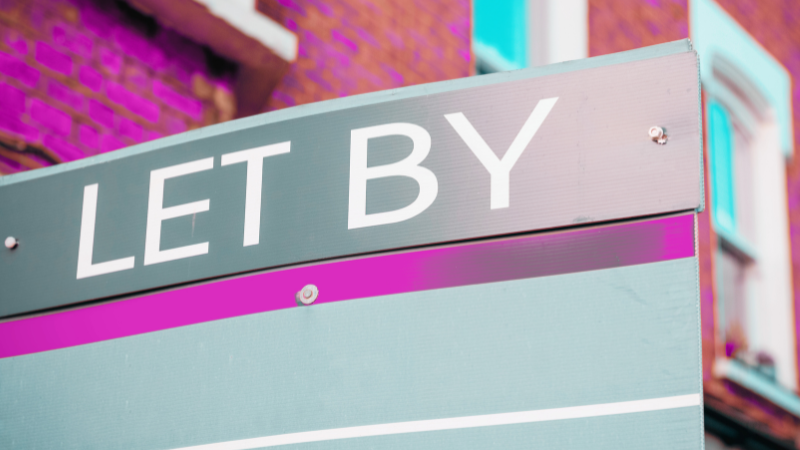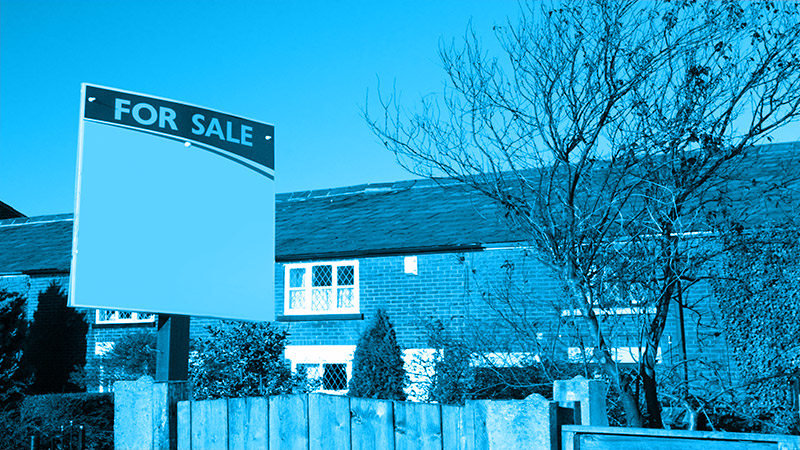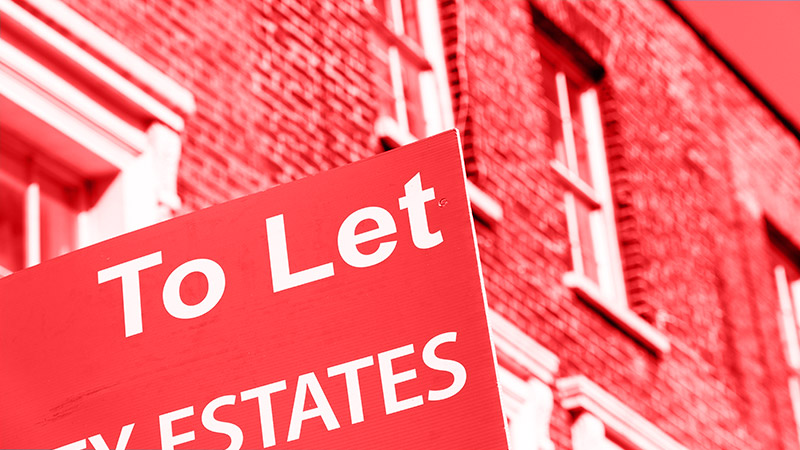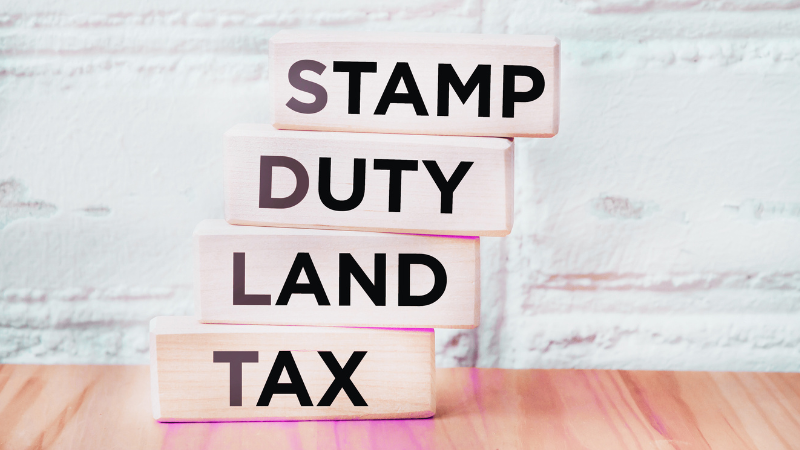Owning property is considered an achievement but turning that property into a source of income while acquiring another home in the UK can be considered next-level financial planning.
For many UK homeowners, renting out their current house while purchasing another offers the perfect blend of investment opportunity and practicality, but this strategy requires careful consideration and preparation.
Before you start the process of renting out your house while buying another house in the UK, you’ll need to understand the financial implications, legal requirements, and a few strategic tips to make the process seamless.
Why Rent Out Your Current Home in the UK?
Renting out your home while purchasing another is an increasingly popular strategy for UK homeowners. Whether you’re moving up the property ladder or relocating for work, this approach offers several advantages that align with the UK’s property market dynamics.
- Additional Income
Rental income can serve as a reliable source of revenue, helping to offset the costs of your new mortgage or other living expenses. In the UK, this can be particularly beneficial given the steady demand for rental properties in most regions. For example, if your current home is in a city like London, Manchester, or Edinburgh, you may command a higher rental amount due to demand. However, landlords must also account for tax on rental earnings and changes to mortgage interest relief for buy-to-let properties.
- Investment Growth
The UK property market has historically shown long-term appreciation in value, especially in areas with good transport links, strong employment opportunities, or proximity to schools and amenities. Retaining your current property means you could benefit from this upward trend. For instance, homeowners who rented out properties in commuter towns like Reading or Milton Keynes during recent years have seen both rental income and significant capital growth.
- Flexibility and Stability
Renting out your property provides flexibility, particularly if you’re uncertain about your new home or location. For example, if you’re moving for a temporary job assignment or to try out a new area, renting allows you to return to your previous home if needed. This is especially relevant in the UK, where property transactions involve significant costs, making it worthwhile to hold onto a property instead of selling and buying repeatedly.
- Building a Property Portfolio
Renting out your home can be the gateway to building a property portfolio, a popular investment strategy in the UK. According to Zoopla, the average rental yield in the UK is 5.6%. This combined with potential capital growth, it’s a way to diversify your financial assets.
Specific Considerations for the UK Market
- Tax Implications: Landlords in the UK must report rental income to HMRC and may need to pay tax on profits after deducting allowable expenses like repairs, letting agent fees, and mortgage interest (subject to current limitations).
- Stamp Duty: According to the UK Government website, when buying an additional property in the UK, you’ll need to pay an extra 5% Stamp Duty Land Tax if it means you own more than one property.
- Energy Performance Certificate (EPC): UK regulations require rental properties to have a minimum EPC rating of ‘E.’ Upgrading an older home to meet these standards can add upfront costs.
- Tenant Demand: Consider the specific demand in your area. Cities with universities, growing employment hubs, or strong transport links are more lucrative for the rental market.
Understanding the Current UK Property Market
Before making the leap, you need to evaluate market conditions, including property values and rental demand. Here’s how to start:
Assess Property Value Trends
Understanding the market value of your current home is crucial. UK property prices vary significantly depending on location, type, and local demand. Check recent sales in your area or consult online tools like Rightmove or Zoopla for a clearer picture.
For example, if your home is valued at £300,000, you might consider if its value is appreciating. A rising market could mean higher future equity, which could support additional investments.
Gauge the Current Rental Demand
High rental demand can make your property a lucrative investment. Factors to consider include:
- Proximity to transport links, schools, or universities.
- Local employment opportunities.
- Rental rates for similar properties in your area.
Chatting with the local letting agents can help you to gauge realistic rental income expectations and then you can consider if the potential income makes the opportunity worthwhile for you.
Financial Considerations
Renting out your home while buying another home requires financial feasibility. Homeowners considering buying a second home should focus on the following:
Calculate Potential Rental Income
The rental income you’ll earn should cover:
- Mortgage payments on your existing property.
- Maintenance and upkeep.
- Insurance premiums.
- Any unexpected costs, such as vacancies or repairs.
For example, if the average rent in your area is £1,200 per month, but your mortgage payment is £800, you’ll have £400 to allocate toward maintenance and savings. Lenders typically require rental income to cover 125–145% of the mortgage payment to account for interest rate fluctuations.
Stamp Duty for Second Homes
Buying a second property comes with added costs, including a 5% stamp duty land tax surcharge.
Choosing Between Cash or Mortgage
If you own your current property outright, using its equity to buy your next home could save you from hefty mortgage repayments. You could also take out a mortgage for your new property, allowing you to retain liquidity while spreading costs over time.
Legal and Regulatory Requirements
Navigating the legal landscape is essential when renting out your home. Here’s what to know:
Notify Your Mortgage Lender
If you have a residential mortgage, you must inform your lender about your intention to let out the property. Failure to do so could breach your mortgage agreement.
You may need to switch to a buy-to-let mortgage, which typically requires:
- A larger deposit (often 25% or more).
- Proof of sufficient rental income to cover mortgage repayments.
Landlord Responsibilities
Being a landlord comes with legal obligations, including:
- Conducting annual gas safety checks.
- Providing an Energy Performance Certificate (EPC).
- Installing smoke and carbon monoxide alarms.
- Ensuring electrical installations are safe.
Non-compliance can result in fines or legal action, so it’s essential to understand your responsibilities fully.
Exploring Let-to-Buy as an Option
Let-to-buy is a popular strategy for homeowners looking to rent out their current property and purchase another. It involves securing:
- A buy-to-let mortgage on your existing home to release equity.
- A residential mortgage for your new property.
This approach allows you to retain ownership of your first home while leveraging its rental income to support your new purchase. You’ll need to meet specific eligibility criteria, such as demonstrating sufficient rental income and a good credit score.
Practical Tips for a Smooth Transition
- Work with Professionals: Mortgage brokers, solicitors, and letting agents can simplify the process and ensure compliance with legal and financial requirements.
- Secure Specialist Insurance: Standard home insurance won’t suffice for rental properties. Invest in landlord insurance that covers tenant damage and loss of rental income.
- Prepare Your Property: Make your home tenant-ready by carrying out repairs, updating decor, and ensuring safety compliance.
Conclusion
Whether you’re looking to generate extra income or diversify your investments, renting out your home while buying another in the UK offers significant potential.
By understanding the market, gathering advice from a professional broker, crunching the numbers, and staying on top of legal requirements, you can navigate this complex process with confidence.
Call us today on 03330 90 60 30 or contact us to speak to one of our friendly advisors.

















